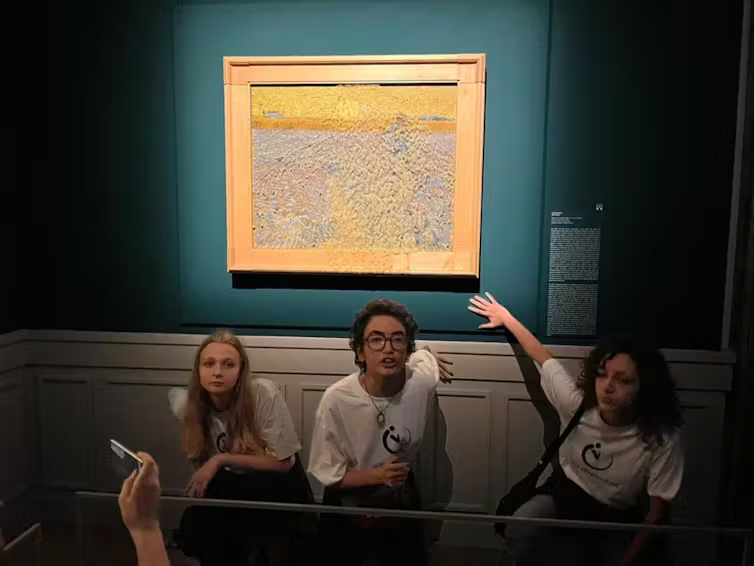Tricycle Stability
Tricycle Stability
A tricycle is a vehicle with three wheels, typically with two wheels, spaced laterally apart, on a single axis, with the third placed laterally centrally with respect to the other two but significantly either forward of aft of their axis. Its contact with the ground is the contact patches of those three wheels. The forces on a tricycle can be considered to act through the centre of mass. These forces will typically be
- Gravity;
- Linear acceleration whether through acceleration or through braking;
- Lateral acceleration as a result of steering.
Recumbent drive trains
This is the fourth in a series of essays about the design of a tricycle; if it interests you you probably need to read the others for context. Most of the ideas I'm discussing in this essay, however, come from the design of bicycles, and little is tricycle specific.
What's the state of the project?
As I've explained earlier, I entered into this project at least partly as a distraction from some real turbulence in my personal life which I feared would tip me into serious depression. Fortunately, that turbulence has resolved itself very positively, so I now have less time (and shall, inevitably, have less money) to indulge in geeky projects. However, efficient lightweight personal transport is still something I'm very interested in, and I do intend to continue with this project. As discussed in my previous essay, I'm still focusing on the design of the Mosquito velomobile as my primary design influence, although this may change.
On Justice
On Justice

On the corruption of justice
Resignation of Rosie Duffield MP
Resignation of Rosie Duffield MP

This document is not primarily an essay by me. It is primarily the full text of the resignation letter of Rosie Duffield MP. I am republishing the text of it here because it is an important document which has so far been published only behind a paywall or as image files without alt text.
The Tricycle, take three
The Tricycle, take three
Three updates on the tricycle project, in this third essay on it.
